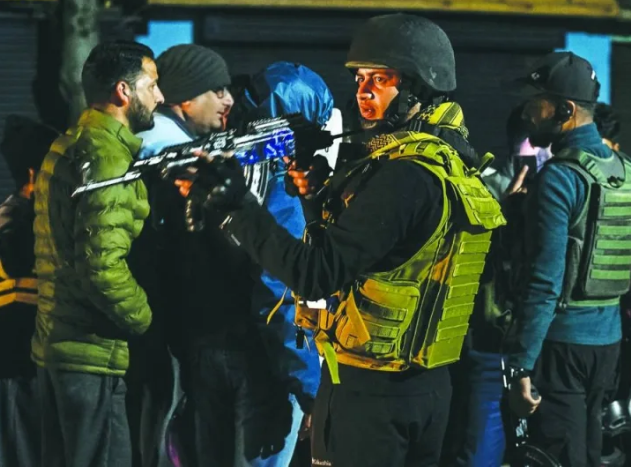South Korean President Yoon Suk Yeol avoided impeachment on Saturday after an opposition-led motion failed to pass in parliament. The vote followed a week of political upheaval triggered by Yoon’s controversial, short-lived attempt to impose martial law, a move that has sparked widespread criticism and heightened tensions in the country.
Members of Yoon’s People Power Party (PPP) boycotted the vote en masse, with only one PPP lawmaker remaining in the chamber during the proceedings. The walkout created a dramatic lull in the parliamentary session, contrasting sharply with the heated debates and shouting that had dominated earlier discussions. Some PPP lawmakers eventually returned after calls from opposition members, but their presence was insufficient to shift the outcome.
The failed impeachment motion comes just days after Yoon’s decision to consider martial law thrust South Korea into its most significant political crisis in decades. Critics say the move threatened to undermine South Korea’s status as a democratic success story in Asia and raised alarms internationally, given the country’s role as the world’s fourth-largest economy and a key U.S. ally in the region.
The president’s martial law proposal, seen as a response to escalating domestic unrest, was swiftly abandoned amid intense backlash from opposition lawmakers, civil society groups, and international observers. However, the political fallout has been severe, with opposition leaders accusing Yoon of jeopardizing democratic norms and calling his actions a direct threat to South Korea’s constitutional order.
Saturday’s impeachment vote underscores the deepening polarization within South Korea’s political landscape. While the opposition coalition holds a parliamentary majority, divisions within their ranks and the PPP’s boycott ultimately ensured the motion’s failure.
Yoon’s office issued a brief statement following the vote, describing the outcome as a reaffirmation of democratic principles. The president has yet to directly address the controversy surrounding his martial law proposal, focusing instead on calls for national unity and economic stability.
Meanwhile, opposition leaders vowed to continue holding the administration accountable. “Today’s vote is not the end,” one senior opposition figure declared, emphasizing plans to pursue additional measures against the president in the coming weeks.
The political crisis has cast a shadow over Yoon’s administration, raising questions about his leadership style and decision-making during times of national unrest. Analysts warn that the controversy could have long-lasting implications for South Korea’s political stability and international standing.
For now, President Yoon remains in office, but the events of the past week are likely to shape the trajectory of his presidency and South Korea’s political future.


